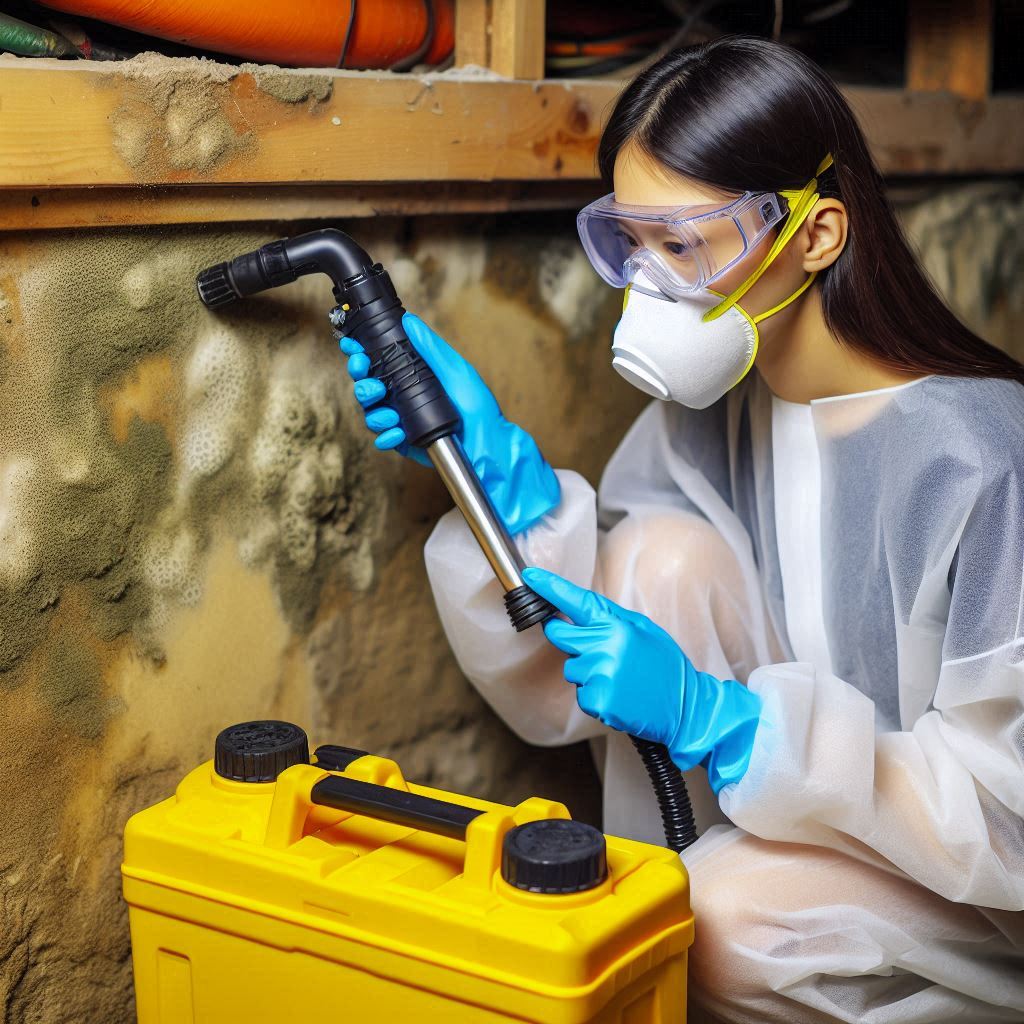Mold Remediation Allentown: Protect Your Home

Introduction
Mold remediation in Allentown is an essential service to protect your home and health from the dangers of mold growth. Due to Allentown’s seasonal humidity and potential for water damage, mold can quickly become a problem if not addressed properly. If left unchecked, mold can spread throughout your home, causing structural damage and health risks. Professional mold remediation in Allentown helps ensure the safe and thorough removal of mold, safeguarding your property and your well-being.
Why Mold Remediation is Necessary in Allentown
Allentown’s humid climate and older homes create the perfect environment for mold growth. Mold thrives in damp, poorly ventilated areas such as basements, bathrooms, and attics. When moisture from water leaks, floods, or high humidity levels lingers, it can lead to mold spores settling and spreading quickly. This not only damages the structure of your home but also poses significant health risks, especially to individuals with allergies, asthma, or weakened immune systems.
The Health Risks of Mold Exposure Exposure to mold can cause a range of health issues, from mild symptoms like coughing and sneezing to more severe respiratory problems and allergic reactions. People with pre-existing health conditions, young children, and the elderly are particularly vulnerable to the effects of mold exposure. Long-term exposure to mold can result in chronic respiratory conditions or worsen existing allergies and asthma.
Hiring a professional for mold remediation in Allentown is critical for protecting your home and family from the risks of mold. Professional mold remediation not only removes visible mold but also addresses the underlying cause, ensuring that it doesn’t return.
For more details about the mold remediation process, visit our Allentown mold remediation page.
Mold Remediation Process in Allentown
Mold remediation involves several steps to ensure thorough removal and prevent recurrence. Here’s how the process typically works:
Inspection and Assessment: Professionals will inspect your home to determine the extent of mold growth and identify the source of moisture. Specialized tools like moisture meters and infrared cameras may be used to detect hidden mold.
Containment: Once the mold-affected areas are identified, they are sealed off to prevent spores from spreading to other parts of the home during the removal process. Negative air pressure and physical barriers are used to ensure containment.
Air Filtration: Air scrubbers with HEPA filters are used to capture airborne mold spores, improving indoor air quality during and after the remediation process.
Mold Removal: The actual removal process involves cleaning and disinfecting mold-contaminated surfaces. For porous materials like drywall and carpeting, complete removal and replacement may be necessary if mold has deeply penetrated them.
Sanitization: Antifungal and antimicrobial treatments are applied to affected areas to eliminate remaining spores and prevent future growth.
Restoration: Depending on the extent of damage, restoration services may include repairing drywall, repainting, and replacing damaged materials to restore your home to its pre-mold condition.
Key Signs You Need Mold Remediation in Allentown
Mold is not always visible, and its presence can sometimes go undetected until it becomes a significant issue. Some signs that indicate you may need mold remediation include:
Musty Odors: A persistent musty smell, especially in areas like basements, attics, or bathrooms, could indicate hidden mold growth.
Visible Mold Growth: Any black, green, or white spots on walls, ceilings, or floors should be a red flag. Even small patches of mold can signal a larger problem.
Water Damage: If your home has experienced leaks, floods, or high humidity, these conditions can lead to mold growth. Water stains on walls or ceilings are often precursors to mold infestations.
Health Symptoms: Unexplained allergic reactions, respiratory issues, or worsening asthma symptoms could be linked to mold exposure.
Preventing Mold Growth in Allentown Homes
While professional mold remediation is crucial for eliminating mold, taking steps to prevent mold growth in the future is just as important. Here are some preventive measures:
Control Humidity: Keep indoor humidity levels below 50% to prevent mold. Use dehumidifiers in damp areas like basements or crawl spaces.
Fix Leaks Promptly: Address any plumbing leaks or water damage immediately. Mold can begin to grow within 24-48 hours of water exposure.
Proper Ventilation: Ensure good airflow in moisture-prone areas by using exhaust fans in bathrooms and kitchens.
Regular Maintenance: Inspect your home regularly for signs of water damage or mold, especially after storms or heavy rainfall.
For more tips on mold prevention, visit the EPA’s guide on mold.
Conclusion
Mold remediation in Allentown is essential for protecting both your home and your health. If you suspect mold growth or have experienced water damage, it’s important to act quickly to prevent the issue from escalating. Professional remediation services not only remove mold but also help prevent future growth, ensuring a safe and healthy living environment.